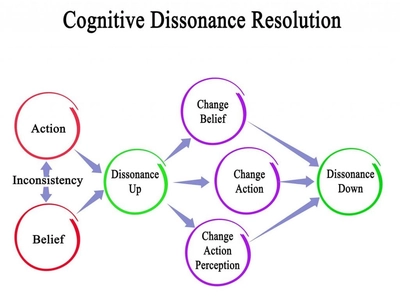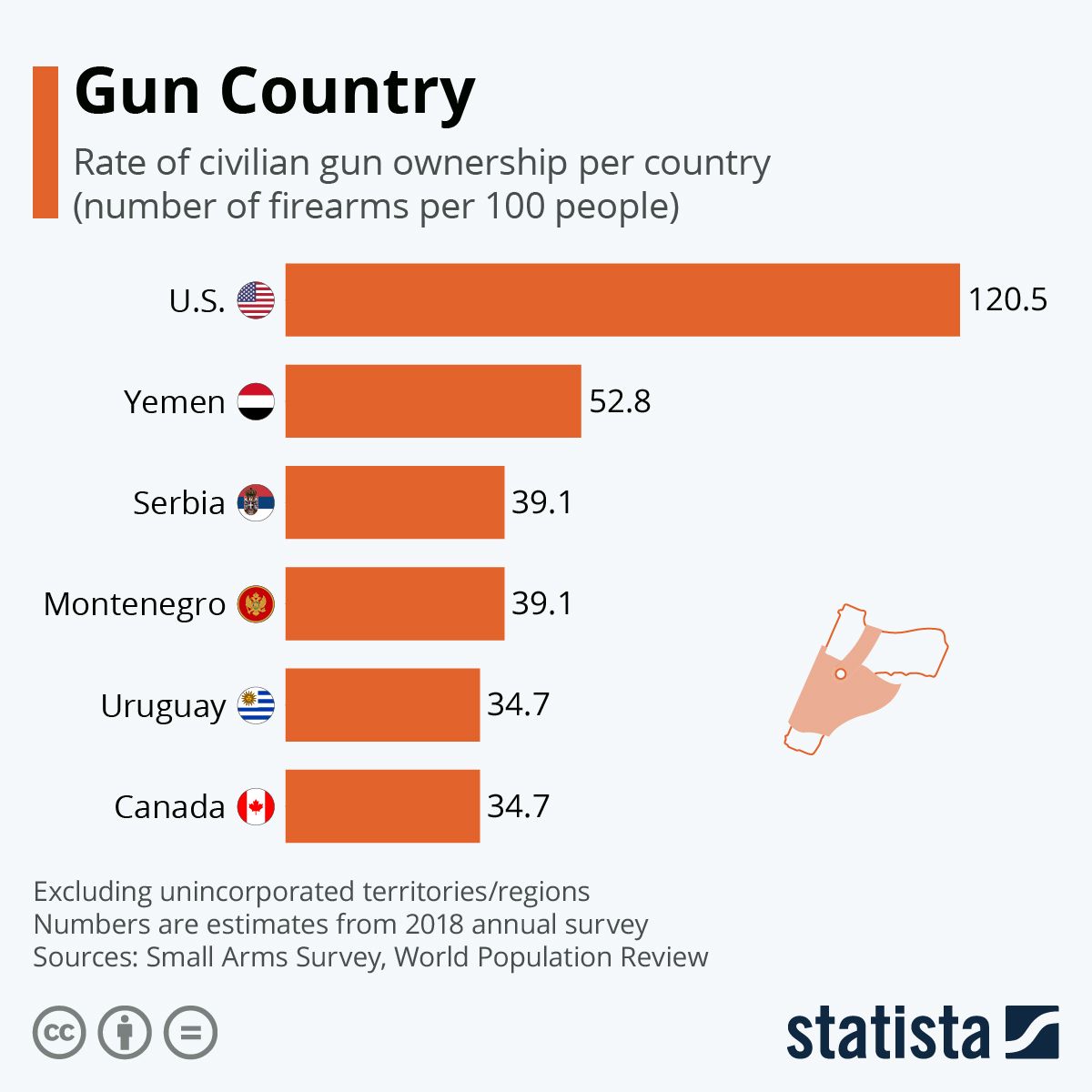She Accidentally Made the Best Case for Gun Control While Defending Gun Rights
Picture this: You're watching a heated political debate, and suddenly one of the speakers makes an argument so perfectly contradictory that it sounds like satire. Except it's not. It's real, it's happening in real-time, and it's a perfect example of how cognitive dissonance is destroying rational political discourse in America.
A recent viral exchange captured this phenomenon beautifully. A gun rights advocate, while defending civilian gun ownership, inadvertently made the strongest case for gun control you'll hear all year. The irony was so thick you could cut it with a knife—or maybe shoot it, if you're properly trained.
The Contradiction That Broke the Internet
The conversation started innocently enough, with the classic "why don't police just shoot suspects in the leg?" question. But what happened next was a masterclass in self-defeating logic.
The gun advocate correctly explained that police are trained to "shoot for the mass of the body" because "it's hard enough to hit a target." She detailed how officers practice on torso-sized targets because precision shots to limbs are Hollywood fantasy, not reality. Her explanation was accurate, logical, and completely undermined her own position.
Then came the moment of truth: "So if it's hard to hit a target, why do these gun-toters want us to constantly have guns when we're not trained to even shoot as well as a police officer?"
The silence that followed wasn't just awkward—it was the sound of an argument collapsing under its own weight.
The Training Gap Nobody Talks About
Here's what makes this contradiction so devastating: the numbers back up the accidental insight. Police officers, despite extensive training, hit their intended targets only about 35% of the time in real-world scenarios. That's after hundreds of hours of firearms training, regular qualification requirements, and ongoing marksmanship practice.
Meanwhile, civilian concealed carry permits in many states require as little as 8 hours of training—some states require none at all. We're talking about people who might fire a gun once during their permit process, then carry it daily for years without additional training requirements.
The math is simple: If highly trained police officers struggling to hit targets 35% of the time, what percentage are untrained civilians hitting? The answer should terrify anyone who thinks about it logically.
Cognitive Dissonance: The Political Pandemic
This isn't just about guns. This viral moment represents something much larger and more dangerous: the complete breakdown of logical consistency in political discourse. Cognitive dissonance—holding contradictory beliefs simultaneously—has become the norm rather than the exception.
Political advocates routinely make arguments that directly contradict their stated positions. They cite evidence that undermines their cause, make comparisons that highlight their opponents' strengths, and present facts that logically lead to opposite conclusions.
The gun debate is particularly rich with these contradictions:
- "Criminals don't follow laws" (while advocating for laws to arm more people)
- "Good guys with guns stop bad guys" (while opposing training requirements that would create more "good guys")
- "Mental health is the real problem" (while cutting mental health funding)
The Viral Truth: When Reality Bites Back
What made this particular exchange go viral wasn't just the contradiction—it was the perfect timing. The advocate literally walked herself into the trap, step by logical step. She provided the expertise, laid out the facts, and then asked the question that destroyed her own argument.
It's like watching someone build a house of cards while simultaneously turning on a fan. The destruction is inevitable, fascinating, and slightly painful to watch.
The Real Question: Why Does This Keep Happening?
The deeper issue isn't that people make contradictory arguments—it's that they don't even notice when they do. Our political tribalism has become so intense that we've lost the ability to follow our own logic to its natural conclusion.
This gun advocate wasn't stupid or malicious. She was demonstrating real knowledge about firearms and police training. But her commitment to her political position was so strong that she couldn't see where her own reasoning was leading.
This is cognitive dissonance in action: the mental discomfort of holding contradictory beliefs is resolved not by changing beliefs, but by simply ignoring the contradiction entirely.
The Unspoken Truth About Training
Let's address the elephant in the room: if police officers need extensive training to be effective with firearms, why wouldn't civilians need the same? The logical answer is obvious, but it's politically inconvenient for many gun rights advocates.
The truth is that responsible gun ownership should require substantial training, regular practice, and ongoing education. Many gun owners actually agree with this—it's the political rhetoric that's gotten divorced from reality.
Countries with strong gun cultures but strict training requirements (like Switzerland) have both high gun ownership and low gun violence. The correlation isn't coincidental.
The Viral Lesson: Logic Doesn't Care About Politics
This viral moment teaches us something crucial about modern political discourse: logic doesn't care about your political affiliation. Facts don't respect party lines. And sometimes, the strongest argument against your position comes from your own mouth.
The gun advocate in this exchange accidentally made the case for mandatory training, licensing requirements, and competency testing. She demonstrated that even supporters of gun rights understand the complexity and difficulty of safe, effective firearms use.
Moving Forward: Can We Handle the Truth?
The real question isn't whether this advocate "won" or "lost" the debate—it's whether we can learn from these moments of accidental clarity. When our own arguments lead us to uncomfortable conclusions, do we follow the logic or abandon it?
In a functioning democracy, we should be able to say: "You know what? Your point about training makes sense. Maybe we should require more of it." But our current political climate makes such admissions feel like betrayal rather than growth.
The viral gun advocate accidentally stumbled upon a truth that transcends political boundaries: if something is too dangerous for untrained people to do safely, maybe we should require training. It's not a radical concept—we do it for driving cars, cutting hair, and selling real estate.
The Final Shot
This viral moment will be forgotten in a week, replaced by the next political contradiction that captures our attention. But the lesson it teaches should stick with us: our strongest opponents aren't across the aisle—they're often our own unexamined assumptions.
The gun advocate who accidentally destroyed her own argument did us all a favor. She showed us what happens when expertise meets ideology, when facts collide with feelings, and when logic refuses to bend to political convenience.
She also showed us something else: sometimes the most powerful arguments come from the most unexpected sources. Even when we're trying to prove the opposite point.
In the end, maybe that's the most viral truth of all: reality has a way of breaking through, even when we're trying our hardest to ignore it. And sometimes, the person who delivers that reality check is the last person who intended to do so.
The only question left is: are we listening?





